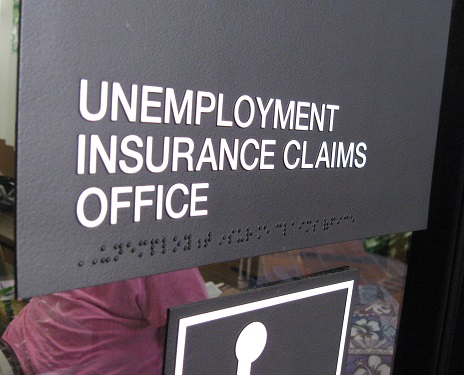
The scenario is familiar: Ontario has passed legislation to raise the minimum wage to $15 an hour, and a new report warns that could increase unemployment. Significant evidence reinforces concerns that this well-intentioned change will harm the poor.
Premier Kathleen Wynne announced the minimum wage would rise from $11.40 to $15 an hour across Canada’s most populous province by 2019. That boosts the minimum by nearly one-third. A new report from the Fraser Institute warns such a steep hike leads Ontario into “uncharted waters” with potentially “severe” consequences.
The problem concerns the Kaitz index, which the report defines as the gap between the proposed minimum wage and the current median wage. The higher the new minimum wage is over current wages, the more likely it is to lead to unemployment. Perversely, that harms lowest income earners the most.
“Economic conditions are not the same across Ontario, so the negative effects of a $15 minimum wage – namely job losses for young and low-skilled workers – will be more severe in some areas of the province,” said Ben Eisen, who co-authored the report.
Workers are most likely to lose their jobs if they already live in “economically weaker regions of the province, where prevailing market wages are lower than the provincial average,” the report says. “The likelihood of severe effects on employment in these regions from a dramatic increase to the minimum wage is especially high.”
The experience of workers just across the border lends credence to the analysis presented in the well-grounded, but theoretical, report. Seattle raised the city’s minimum wage from $11 to $13 in 2015. This reduced the demand for minimum wage workers, a report from the University of Washington concluded. The higher wage could not compensate for the fewer number of hours they worked, reducing their earnings.
In all they experienced “a net loss of $125 per month (6.6 percent), which,” its authors note, “is sizable for a low-wage worker.” (See Dylan Pahman’s commentary on the report here.)
Many people of faith support a higher minimum wage out of a desire to help the working poor, often under the unspoken zero-sum assumption that the rich only get richer at the expense of the poor. In New Jersey, clergy joined a public demonstration for a $15/hour minimum wage sponsored by SEIU. Similar scenes could be found in Chicago, Detroit, and across the United States.
Their views are well expressed in a letter signed by 200 New York clergy and church leaders to members of the New York State Wage Board. They suggested a $15-an-hour minimum wage is not merely an economic issue but a moral imperative. They wrote:
This is fundamentally a moral problem. We can no longer allow deep-pocketed employers in our state to condemn much of the workforce to lives of poverty. The fast-food industry can afford to pay its employees $15 an hour; our communities cannot afford for them to be paid any less.
Undoubtedly, the signatories have a love for the poor. But that love must be matched with an accurate understanding of real-world economic principles.
Corporations do not indiscriminately dole out money to workers: They calculate which factors of production they need to create the products and services that people want. The less money they must pay in the creation process, the lower the price they can charge – a benefit to consumers (and we’re all consumers). At the current meeting point of wages and technology, businesses have decided employing people to perform certain tasks is the best way to allot their money.
However, raising the minimum wage changes that calculus. As the University of Washington report explains, there are alternatives to paying entry-level workers higher wages:
The work of least-paid workers might be performed more efficiently by more skilled and experienced workers commanding a substantially higher wage. This work could, in some circumstances, be automated. In other circumstances, employers may conclude that the work of least-paid workers need not be done at all.
Nor are all employers “deep-pocketed.” A Harvard Business School study by Michael and Dara Lee Luca found that every $1 increase in the minimum wage made it between four and 10 percent more likely that a restaurant would close for good.
We would expect that those most affected by raising employees’ wage rates are businesses surviving at the margins – the mom-and-pop restaurants, the eager people who launched their restaurant as part of a lifelong dream. (Public reputation – that is, how well the restaurant meets the needs and desires of its customers – is also vital. The lower the Yelp rating, the greater the danger, researchers found.)
The ones most likely to survive any increase in the price of doing business are precisely the largest and wealthiest corporations with the deepest pockets.
Raising the minimum wage may help put their competitors out of business…and the policy’s would-be beneficiaries out of work. Unemployment has significantly negative effects on workless people’s mental and physical health, including significantly increased mortality rates.
Those who are employed, on the other hand, gain hard and soft skills that improve their lot and put them on the road to economic mobility. A UK study published in July found that “[o]ver a four-year period, most people” of every economic class “experienced substantial change in household incomes.”
The poor you have with you always. But if they’re working, they will be different people every few years. It would be most tragic if they were denied entry into the labor force by well-meaning people of faith acting in Jesus’ Name.
(Photo credit: Bytemarks. This photo has been cropped. CC BY 2.0.)

